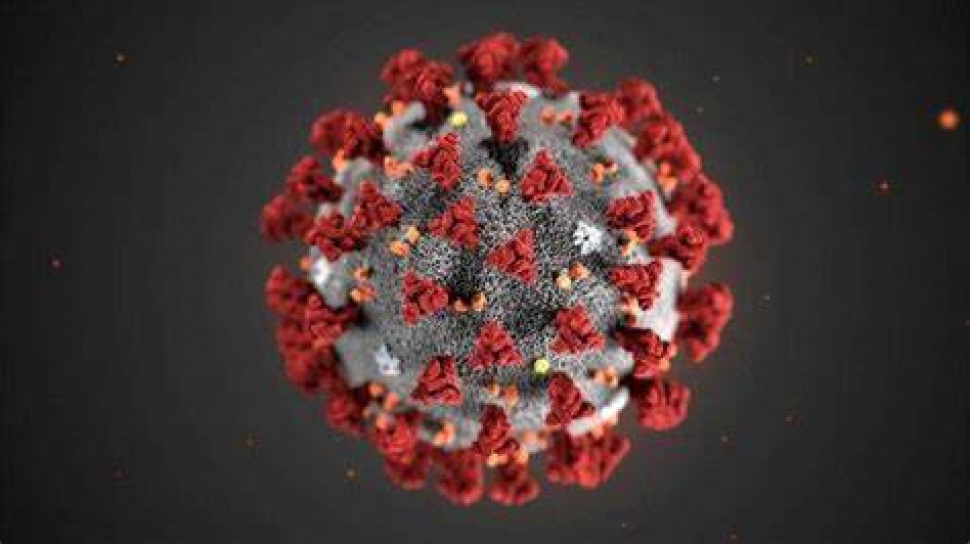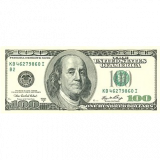A recent misinterpretation of recommendations, from the World Health Organization, led to some readers believing that some methods of payments were safer than others. The WHO has since clarified its recommendations and recent studies confirm that how you pay has little or no impact on the chances of contamination. The hygienic precautions taken while paying, however, change everything.
Initial WHO recommendations
As the current panic against coronavirus started spreading, the world’s various health organizations, including the WHO, quickly identified which habits were more likely to spread the virus, and which were more liable to keep us safe from it - a noble enterprise, if any. One of the most frequent, and inconspicuous, acts of interpersonal contacts is payment: the transfer of sums from one citizen to another. Indeed, while some payments are made electronically, most payments in the world are still done in cash. The WHO was therefore initially concerned that banknotes could become a repository for covid19, where the virus could patiently wait to infect the numerous people through which it would eventually transit. This initial recommendation led many news sites to advise the population to avoid handling cash. This caused, namely, Business Insider, to post in the beginning of the crisis: “Cash could be contributing to the spread of COVID-19, the disease caused by the novel coronavirus, according to the World Health Organization. The WHO told The Telegraph that the coronavirus could remain on money for days after being exposed to it and that people should avoid touching their face after handling cash. "We know that money changes hands frequently and can pick up all sorts of bacteria and viruses and things like that," a WHO representative told The Telegraph. "We would advise people to wash their hands after handling banknotes and avoid touching their face." However, additional research came through, indicating that the danger was not where it had been said to be.
Paper is revealed as a poor vector for the virus
Several scientific observations were launched, as the crisis developed, which led to surprising results: banknotes turned out to be particularly bad vectors for the coronavirus. A German medical Institute studied the paper used by banknotes, and ruled the risk was low, as was reported by Reuters: “Handling banknotes doesn’t pose a particular risk of contracting coronavirus, the head of Germany’s Robert Koch Institute (RKI) for infectious diseases said on Wednesday. “(Virus) transmission through banknotes has no particular significance,” RKI head Lothar Wieler told Reuters, adding that droplets from infected individuals were the main infection risk.” Even more surprisingly, coins, yet made out of metal, were also revealed as a particularly bad vector for the virus to transit through. As was reported by Guardian journalist Sirin Kale, “Banknotes can carry the coronavirus. But try not to be too alarmed: the risk is small. “Unless someone is using a bank note to sneeze in,” Tait-Burkard says. Don’t worry too much about loose change. “Coins are actually very bad environments for viruses to survive.”
Electronic payments prove among the riskiest
The electronic payments per se carry no risk of contamination, but the prior action necessary to make said payment does. In fact, the risk is increased when making debit or credit card payments. A sizable share of “plastic payments” are done through terminals, built in plastic. Recent studies showed that, of all the various surfaces the longevity of covid19 was tested on, plastic scored among the worst. SF Gate reporter Mike Moffit writes: “At a temperature of 68 degrees, SARS lasted less than 8 hours on latex, 2 to 8 hours on aluminum, 2 days on steel, 4 days on wood, 4 days on glass, 5 days on metal, 5 days on ceramics, 5 days on plastics (but one strain survived up to 9 days on plastic).” Something worth noting, since most commercial outlets have been left open, as a matter of strict necessity, during the current lockdown.
Wire transfer for larger sums and online shopping
Naturally, wire transfers, which involve no physical contact whatsoever with anything but a person’s natural environment (home computer, or personal smartphone) are the safest forms of payment, but are usually available for large sums only. However, online shopping, which remains to some extent in operation, also offers virus-free payment methods.
WHO drawback
As it became clear that initial recommendations had been misinterpreted, the WHO pulled back from its initial statements. Cash Matters since reported: “An article published on March 2nd, 2020 by a British daily broadsheet newspaper came under fire after claiming that the World Health Organisation was advising people to avoid using cash in fear of spreading coronavirus when on March 9th, WHO issued a statement via MarketWatch stating that they were misrepresented. "We did NOT say that cash was transmitting coronavirus" said Fadela Chaib.” Since then, many news outlets have relayed the corrective information.
In a nutshell, the current sanitary crisis has little or no impact on how we should make payments in our daily lives, and the recommendations we should heed remained unchanged: regardless of how we act, basic hygienic precautions are enough to keep us out of harm’s way. Any form of payment can lead to contamination, if there is immediate contact from a contaminated source: if an infected person carries the virus on their hands, touches a banknote or a pin pad, anyone touching it in the seconds to come is at risk. But basic hygienic reflexes, such as gloves, hand-sanitizing and avoiding hand-to-mouth contacts, are still enough to thwart that risk.




Share the News